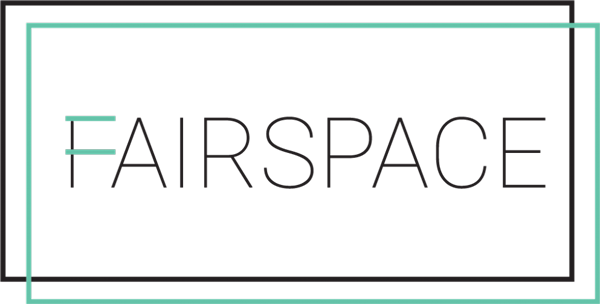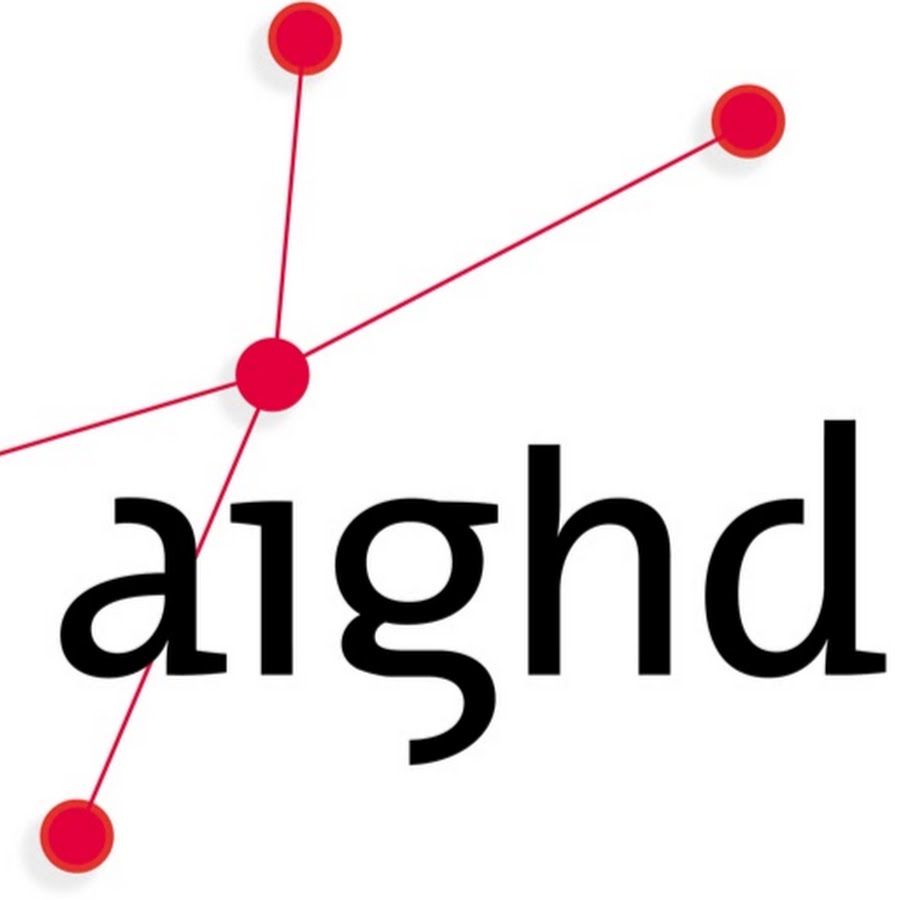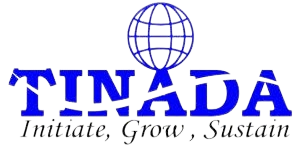Correcting the Common Misconceptions on Sexual and Reproductive Health in Jordan
View knowledge productThis knowledge product aimed to investigate, compile, and disseminate the common misconceptions that youth in Jordan have about Sexual and Reproductive Health (SRH). It seeks to better inform young people about sexual reproductive health and rights (SRHR) based on Share-Net partners’ research, the experiences of service providers, and youth in Jordan. The purpose of this report is to support Share-Net International’s efforts to improve research and strengthen pedagogical frameworks related to SRHR, aligning with the United Nations’ Sustainable Development Goals (SDGs) to ensure the improvement of healthy lives and increased well-being for all.
To achieve the aforementioned objectives, a qualitative approach was utilized. Data was collected through interviews, focus group discussions, and desk review. The findings of this report (see below) were translated into simple language with clarifications of misconceptions, and presented in a printed brochure (see below), which was shared with service providers and practitioners for distribution to their youth beneficiaries.
Knowledge product details
-
Knowledge Activation Grants
-
2021
-
Jordan
-
SRHR misconceptions
-
Youth SRHR
-
Share-Net Jordan
-
Arabic
-
English
-
Brochure
-
Report





